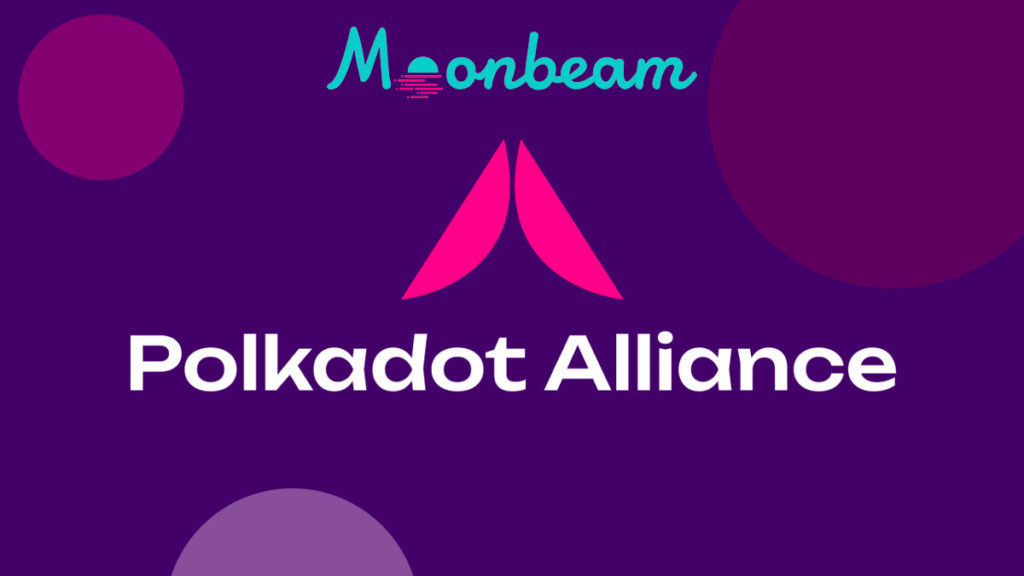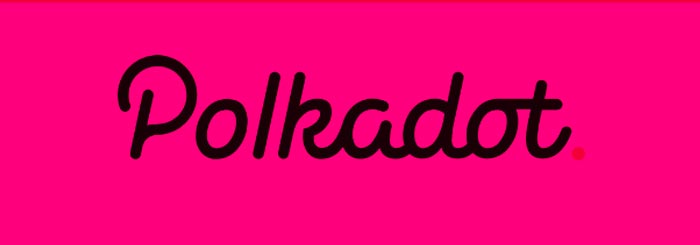Polkadot Alliance has been announced today as an on-chain collective made up of seven teams from the Polkadot ecosystem which will uphold and establish a set of ethics that the community may follow as part of the Polkadot ecosystem.
In addition to the founding fellow companies, Acala, Astar, Interlay, KILT Protocol, Moonbeam, Subscan, and Phala have joined forces to create the Alliance as a means of ensuring standards of excellence throughout the fast-growing ecosystem.
Moonbeam has been one of the most collaborators of the Polkadot ecosystem and can grow the community very faster with this new partnership. But there are also many steps ahead if the partnership wants to show more promising moves.
A reference to the Polkadot Alliance appeared for the first time in the public domain in August of 2022.
As part of the new proposals for Polkadot governance, a new collective, the Fellowship, will be introduced, which will facilitate the expression of opinions on sensitive and highly protected proposals and issues by a ranked group of experts.
What is the Alliance?
It is likely that the Alliance will be the first to be deployed on Polkadot after the Westend test chain has already been deployed.
A couple of years ago, a few teams in the Polkadot community banded together and came up with the idea for what is now known as the Polkadot Alliance, primarily to fight misuse of the Polkadot brand and uncredited codes.
A new community-based on-chain industry collective called the Polkadot Alliance would be responsible for establishing an ethical code regarding the use of brands, scams, and harmful activity, while also providing recognition for those who make positive contributions to the growth and success of the Polkadot network.
A blockchain alliance will be established on-chain through which it will report on unscrupulous websites and accounts that may exist on the blockchain. In terms of governance, it will be a member of the Polkadot protocol, but it is not connected to any other part of it.
There are some low-quality teams that have been polluting the Polkadot brand as the Polkadot ecosystem has grown and expanded. There are a few teams today that copy code without attribution, use the “Polka” branding without any intention of building on Polkadot, raise funds on Ethereum using scammy token raises, launch competing relay chains, and behave disrespectfully towards the other members of the community.
The Polkadot Alliance aims to provide a framework to recognize the teams that are engaged in open-source cultures and are committed to empowering others, while also providing a mechanism on-chain for pointing out the teams that fail to do so.











